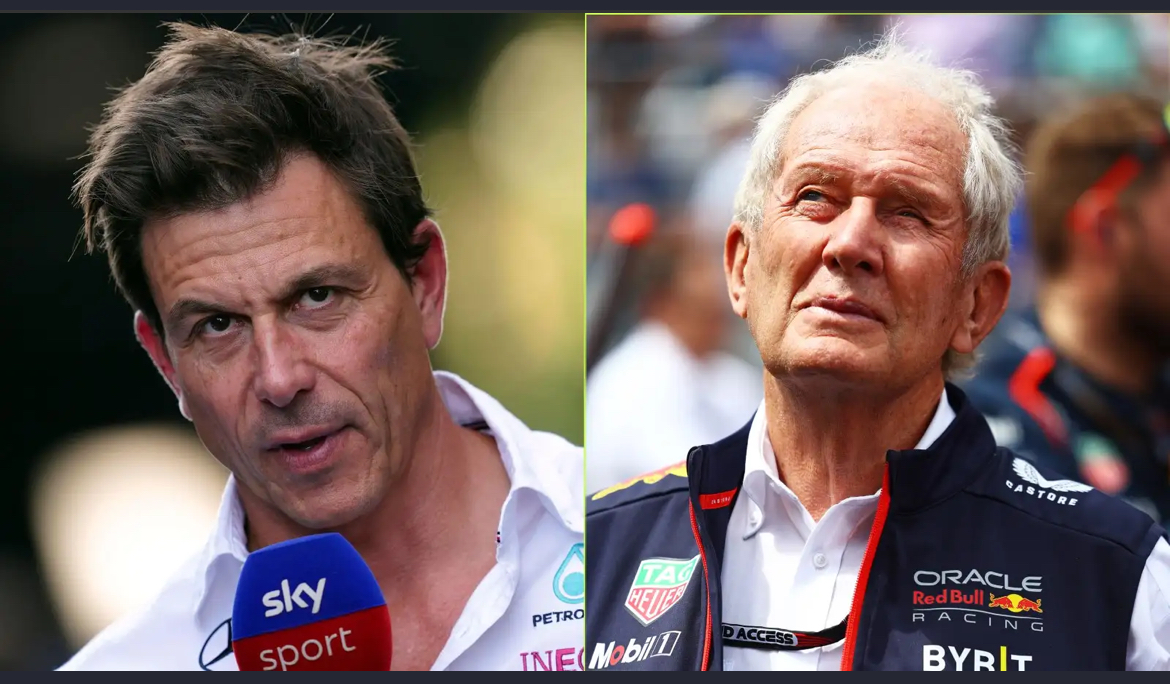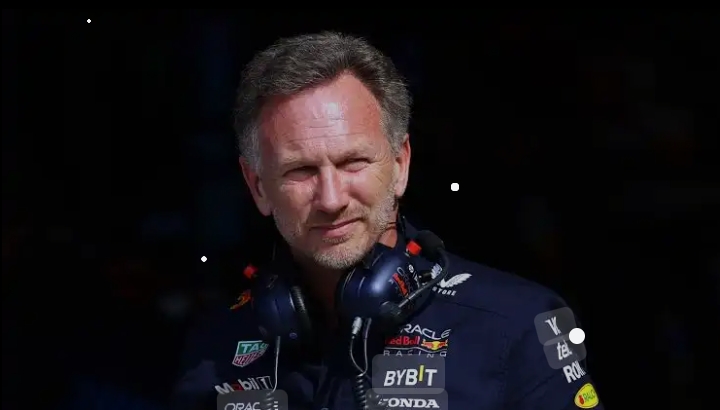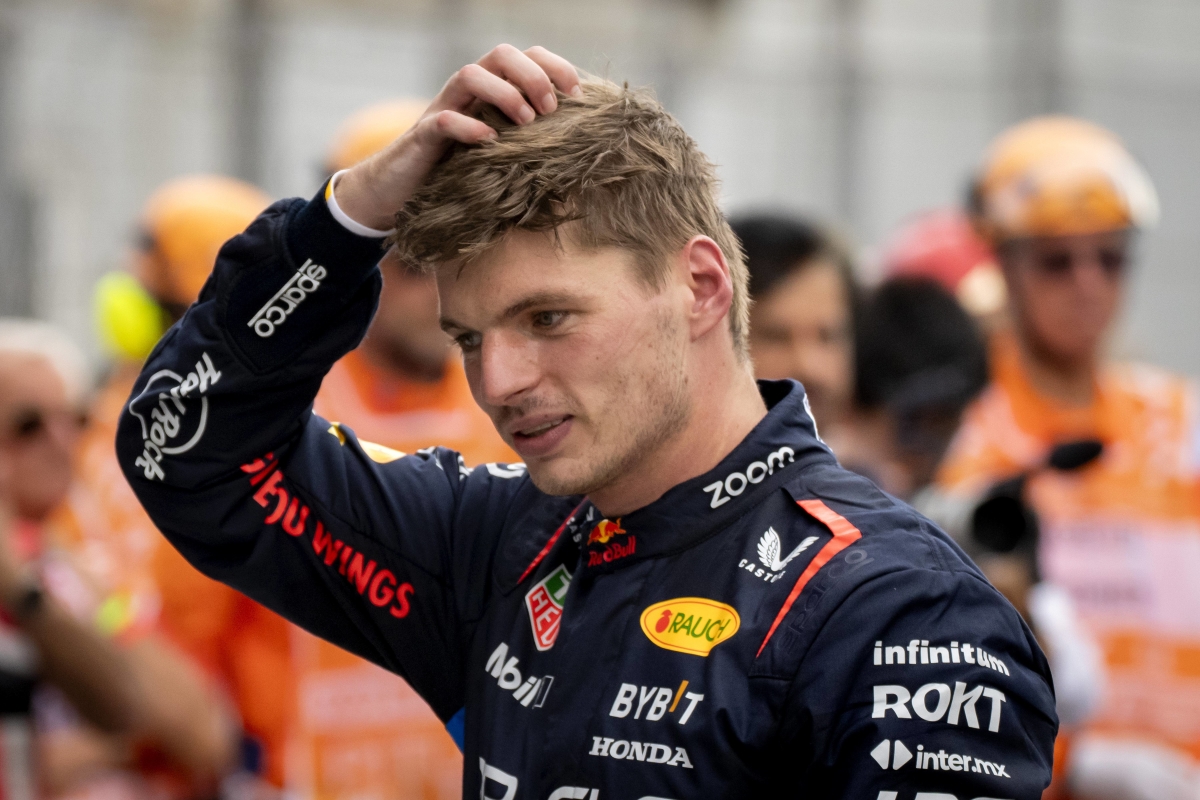Mercedes have unveiled a W15 very different in appearance from its two predecessors as they seek to close down the performance gap to Red Bull they have suffered ever since these regulations came into being two years ago.
The visual stand-out differences are around the totally reconfigured sidepod shape, a new pushrod operation for the rear suspension (replacing the previous pull-rod) and the moving of the cockpit position further back, something which Lewis Hamilton has been pushing for ever since first driving the ’22 car.
There are changes also to the way the new front wing is mounted to the nose and changes to the rear wing, chasing better straight-line speed boost from the DRS.
What we cannot see is that Mercedes have built a completely new monocoque and gearbox casing to achieve the bodywork and floor changes they targeted.
The design of any car is an iterative process, and a long one at that,” Technical Director James Allison explained. “It stretches back to last year. A new car enables the team to make bigger alterations that are not possible during the season. These are decisions that are taken during the preceding summer.
“A big focus has been on improving the previous car’s unpredictable rear axle. We have worked hard to ensure that both axles, but particularly the rear axle, retain better control of the tyre than on the W14. There’s also been some housekeeping on areas in which we had room for improvement, including the DRS effect, and pit stop performance.
We feel like we have had a good winter, but F1 is a relative game and only time will tell how big a step we’ve made. We’re focused on getting the most from the car we launch, but we are excited by the development rate that will follow as the regulations are still young and opportunities abound.”
Moving the cockpit back by around 10cm still leaves it slightly further forward than that of the Red Bull, but as well as hopefully giving Hamilton a better sensitivity to what the rear of the car is doing, the greater distance between the front axle and the sidepods should allow better control of the airflow wake from the front wheels.
It has, however, entailed a slightly different aerodynamic use of the exposed upper side impact (SIS) bar. Previously this was used to downwash the airflow to enhance the flow around the floor edges, but it’s no longer positioned to do that.
The cockpit repositioning has, however, allowed the undercut to be much smoother and less abrupt, which would be expected to better energise that crucial floor edge airflow. This is all in the service of optimising the flow through the underbody. As ever with this generation of car, that is at the core of the changes seen in the upper bodywork.
The pushrod rear suspension has already been seen on the Aston Martin (which uses the Mercedes rear end) which was revealed on Monday. In moving the internal suspension rockers higher up, it allows a greater volume of space around the diffuser to be exploited by the aerodynamicists. The front remains pushrod in operation.
Much is expected of this car and it carries a heavy burden in potentially playing a crucial role in the complexion of the season. “We know we have a mountain to climb to fight at the very front,” says team boss Toto Wolff. “The off-season has gone well and the whole team is incredibly focused and determined.”










